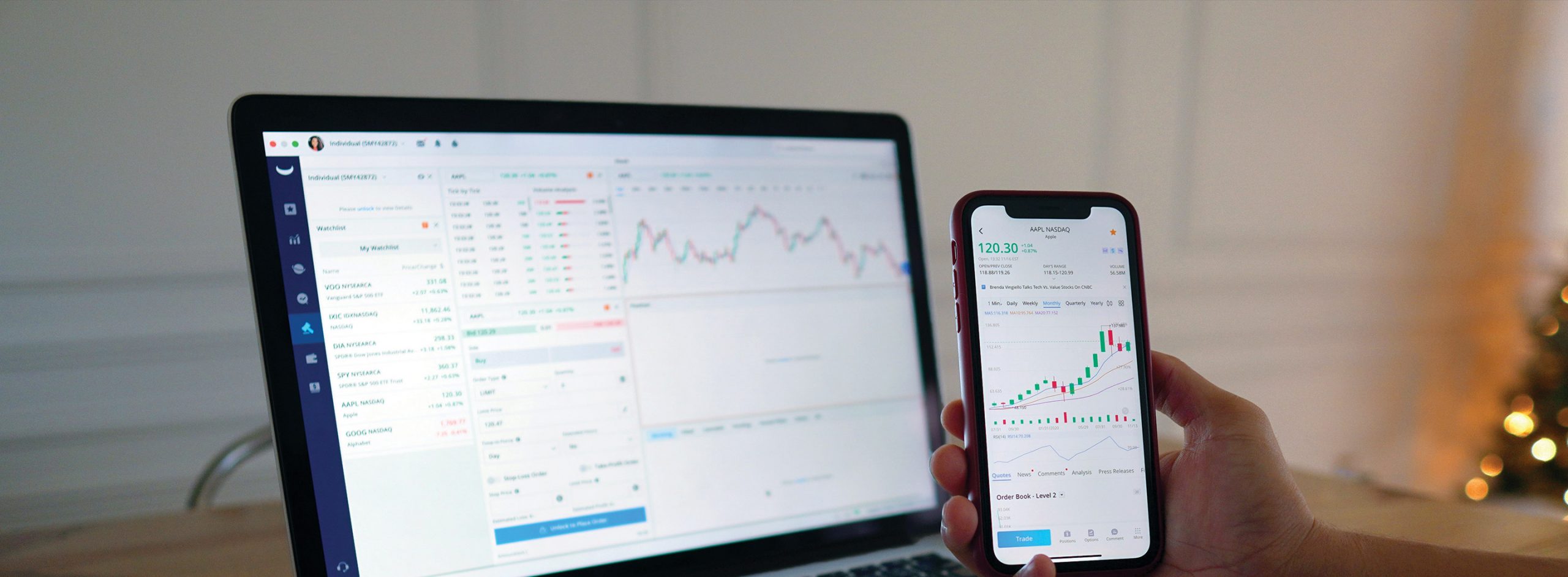Executive Viewpoint
Developed in association with
This mid-sized private equity operating partner has over two decades experience working with portfolio companies. They share their experience about unlocking value from investments.
Q: As a private equity firm operating partner, what are the key value levers you consider before making an investment in a portfolio company?
We look at some foundational elements which create value and classify them into four main areas:
- Presence of a strong team, with clearly defined roles and responsibilities, as well as a basic business operating system in place, with the right reporting and review mechanism.
- Focusing on the core business – by selling more of the product they already have to the customers they already know and delivering it in a more cost-effective way.
- We look at building new business by tapping into newer markets, getting new products out, trying out different sales channels and strategic partnerships.
- For streamlining the exit, we focus on tuning the operations and having predictability in revenues.
Q: At what stage do you focus on the value levers – in the initial 100 days of investment, or in a staggered manner after things have settled down or at the end of the investment cycle?
We generally have a hypothesis prior to investment, followed by an effective due diligence process to understand if our hypothesis is correct. Within 60-100 days of investment, we work with the management team on the value creation plan. During the holding period, we continuously track against the initial plan to find out if there are any areas lagging or if there are areas where the company has achieved the goal and can move to the next lever.
Q: Traditionally, PE firms have focused on cost optimization, but of late they have been focusing on growth. How is this changing for your firm? Do you see it as an ongoing trend?
For the last couple of months, it has been observed that funds are investing in companies that have more headroom for growth rather than for cost management. Part of the reason for that is the stage at which we, as a mid-market PE firm, invest in. Another reason is the fact that one point in growth is more valuable than one point in margin. The two things that influence valuation are EBITDA (which comes from growing top-line revenues or managing costs or both) and the multiple (which comes from growth, predictability of the EBITDA, and the confidence or perceived absence of risk to the buyer). As growth drives both EBITDA and multiple while cost drive only one of them, revenue triumphs margin.
Q: How have companies changed the way they operate, considering all the disruptions of last one and a half years, and what do you think are the key areas a company should look at while undergoing this transformation?
It is very important to understand if the customers and their needs are still the same. Some segments of customers don’t exist anymore or their needs have changed. When there is a new need, the company is back to the initial phase of rapid iteration, validating product-market fit and finding the right GTM, before scaling up.
The second focus area is related to revalidating the existing channels and to check if there are any new channels that have come up.
Q: PEs are leveraging globalization for tapping into the talent pool of countries like India to get access to skilled people. What is your firm’s philosophy for its portfolio companies from a cost/talent perspective?
Our firm’s philosophy behind setting up a center in emerging markets has evolved over the years from pulling a Cost lever into Talent access. We have portfolio companies all over North America where we have seen a wide variability around availability, cost and retainability of talent. This has compelled several of our portfolio companies to outsource work completely or relocate to a specific location for specific talent.
Q: What are some of the biggest problems you’ve seen at your portfolio companies?
Having the right people in the right role is one of the key challenges. Either they will have a missing role, or they have roles focused on the wrong area. The first few leadership hiring’s are critical for long-term success.
Another major challenge generally arises when a company’s mode of execution has to transition from agility, speed and flexibility to structured, scalable and predictable. Determining where, when and how to drive that transition becomes important, as driving it in the wrong place may suffocate the company and stifle its growth.
Q: What is the importance of having a technology partner for your portfolio companies?
Technology partners can help jumpstart product development when the product team of a portfolio company lack capabilities in certain high-end technology areas.
Also, the product-oriented investments in our portfolio have managed services based on the products. Ecosystem partners can act as channel partners for these managed services, helping them with their resources and expertise to scale.
Q: How are some of your portfolio companies leveraging digital transformation as part of their product development?
We have a variety of companies in our portfolio – companies that are already digital and others who are going through digital transformation. So, we use digital expertise already present in the portfolio to educate other companies. With respect to services companies, the value creation thesis is that the services should be technology-enabled or differentiated. This has led to accelerating the process of automation, digitization, and new investments in product development, over the last 12 months.
About Persistent
Persistent brings together the right expertise, operating models, and infrastructure required to help PE firms derive value throughout the investment lifecycle in software companies. Learn more about how Persistent can help you drive transformational value within your portfolio companies by visiting our Private Equity offerings page.






